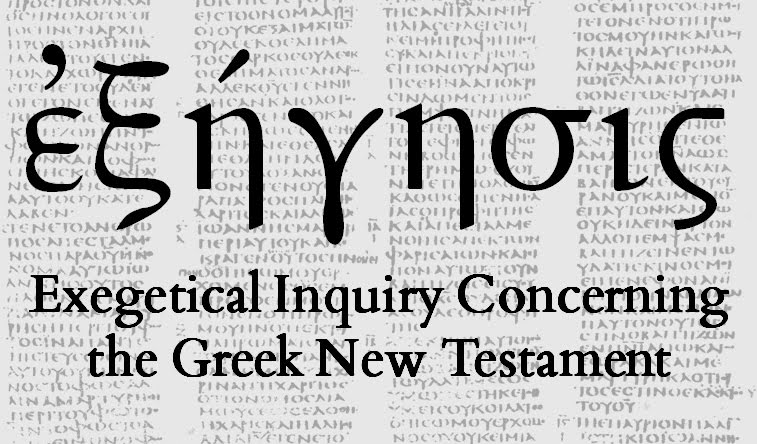How pertinent are the following words, then, for current issues and discussions in New Testament studies!
“When it is said therefore in Romans 4 that to the one who does not ‘work’ but who believes in him that justifies the ungodly, his faith is reckoned for righteousness, this is not in any way to be brought to bear against the ‘working’ character of faith itself and likewise not against the judgment of the believer according to his works. For just as absolutely as faith is involved in justification by the grace of God and by nothing else, even so work emanates from this same faith; as faith it cannot remain empty and work-less, but becomes known as faith precisely in works. Indeed, in the pronouncements on the justification of the ungodly and the imputation of faith for righteousness and those concerning the just judgment of God according to every man’s work, we have to do with the two poles of the same matter. For the first expresses as pregnantly as possible that the ground or cause of divine justification does not lie in human work as merit, but only in the grace of God. And in the second all the emphasis is placed on the work of faith, in the sense of its indispensable fruit. Yet this does not mean that justification by faith may be said to be the initial judicial act of God, which takes place in the present, and which is then to be followed in the final judgment by a justification on the ground of works. For it is true of the latter as well that it is a justification of the ungodly, an imputation of faith for righteousness, so long as what is at issue is the ground for justification. . . . To be sure, works are indispensable as the demonstration of the true nature of faith and as the evidence of having died and been raised together with Christ. In that sense one could also speak of the reckoning of works for righteousness, although the apostle does not so express himself. For works, too, only find their acceptableness before God in the fact that they are from Christ, wrought in the believer on account of his death and resurrection. . .” (Ridderbos, Paul, 179-180).

